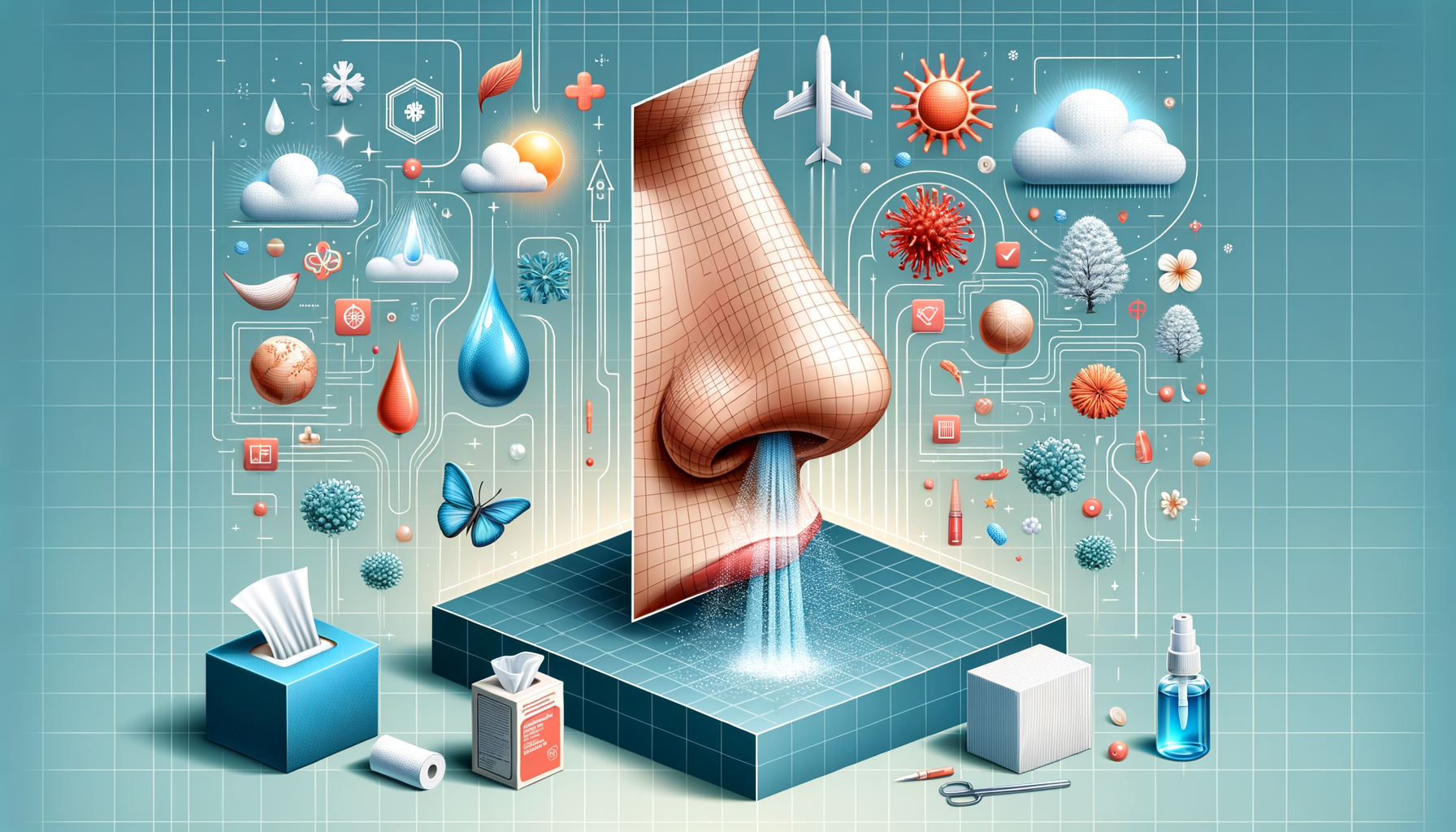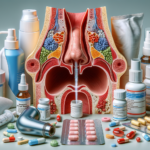Introduction to Runny Nose
A runny nose, medically known as rhinorrhea, is a common condition that affects people of all ages. While it might seem like a minor inconvenience, understanding its causes, symptoms, and remedies is essential for effective management. A runny nose occurs when excess mucus drains from the nasal passages, and it can be triggered by various factors ranging from environmental changes to infections. In this article, we delve into the intricacies of a runny nose, exploring its underlying causes, associated symptoms, and potential remedies.
Common Causes of a Runny Nose
A runny nose can be caused by a multitude of factors. Understanding these causes is crucial in determining the appropriate treatment. Some of the most common causes include:
- Allergies: Allergic reactions to pollen, dust, or pet dander can trigger a runny nose. When the body encounters an allergen, it releases histamines, leading to increased mucus production.
- Infections: Viral infections such as the common cold or flu are frequent culprits. These infections irritate the nasal passages, causing inflammation and mucus production.
- Environmental Factors: Exposure to cold weather or irritants like smoke can also lead to a runny nose.
Understanding the cause is the first step in managing a runny nose effectively. Identifying whether it’s due to an allergy, infection, or environmental factor can guide treatment decisions.
Recognizing the Symptoms
While a runny nose is a symptom in itself, it often accompanies other symptoms that can help pinpoint the underlying cause. Some associated symptoms include:
- Congestion: Often, a runny nose is accompanied by nasal congestion, making it difficult to breathe through the nose.
- Sneezing: Frequent sneezing is a common symptom, particularly when allergies are involved.
- Itchy or Watery Eyes: These symptoms often indicate an allergic reaction.
- Sore Throat: Postnasal drip from a runny nose can lead to throat irritation.
Recognizing these symptoms can provide valuable clues about the underlying cause of a runny nose, helping to tailor an effective treatment plan.
Effective Remedies and Treatments
Managing a runny nose involves addressing both the symptoms and the underlying cause. Here are some effective remedies and treatments:
- Over-the-Counter Medications: Antihistamines and decongestants can alleviate symptoms caused by allergies or infections.
- Hydration: Drinking plenty of fluids helps thin mucus, making it easier to expel from the body.
- Humidifiers: Adding moisture to the air can prevent nasal passages from drying out and reduce irritation.
- Saline Nasal Sprays: These can help clear nasal passages and relieve congestion.
Consulting a healthcare professional is advisable if symptoms persist or worsen, as they can provide personalized treatment recommendations.
Prevention Tips
Preventing a runny nose involves minimizing exposure to known triggers and maintaining a healthy immune system. Here are some tips:
- Avoid Allergens: Identify and avoid exposure to allergens that trigger symptoms.
- Practice Good Hygiene: Regular handwashing and avoiding close contact with sick individuals can reduce the risk of infections.
- Boost Immunity: A balanced diet, regular exercise, and adequate sleep can strengthen the immune system, making it more resilient against infections.
By following these preventive measures, individuals can reduce the frequency and severity of runny nose episodes, enhancing their overall quality of life.
Conclusion: Managing a Runny Nose
A runny nose, while often a minor issue, can significantly impact daily life. Understanding its causes, recognizing associated symptoms, and knowing effective remedies are key to managing this common condition. By taking preventive measures and seeking appropriate treatment, individuals can minimize the discomfort associated with a runny nose and maintain better nasal health.








